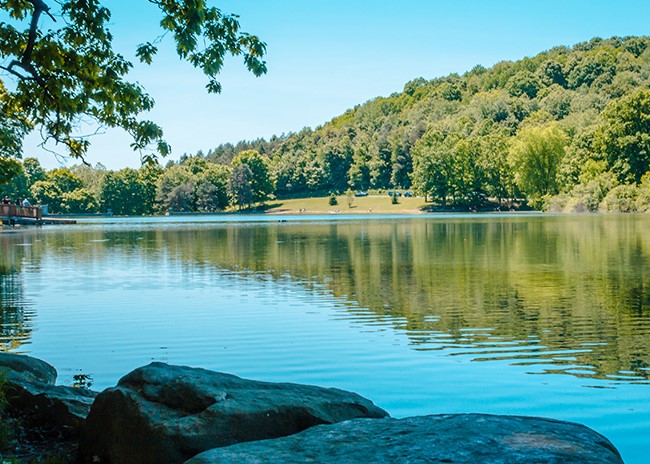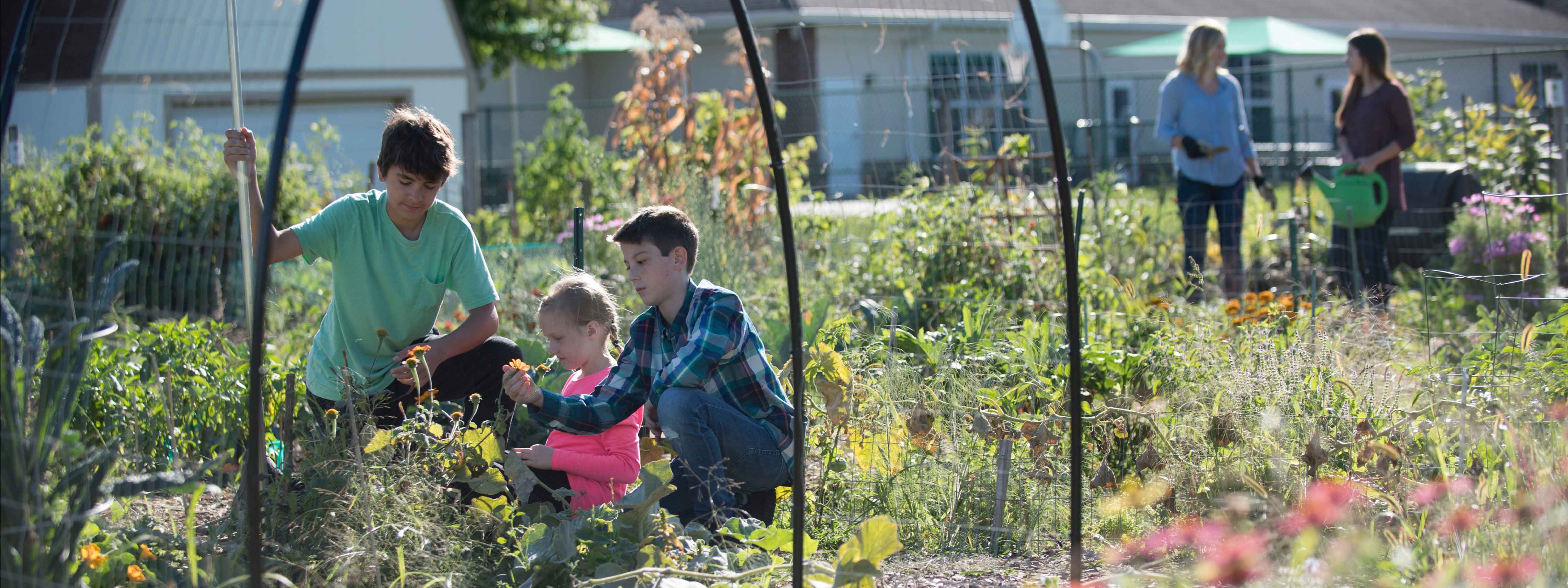
For ten years, I have been teaching grant writing workshops in Indiana. In that time, I have met very few people who actually set out to become grant writers. It is just not something that little children dream of being. Yet, regardless of whether someone set out to become a teacher, a police officer, a minister, a parent or an accountant there may come a time when he or she sees a need to seek more funding to make a bigger or better impact in the community. Therefore, they pursue grant writing. Often with a bit of anxiety.
What is it about grant writing that is so mysterious and overwhelming? I think some people worry about the “writing” part, especially if they don’t regularly engage in formal writing. (Maybe you know someone who still has nightmares about a high school English class assignment.) For others, they may feel pressure and responsibility to be successful in a game that may have a lot at stake.
Yes, the world of grant making and writing is a game. It involves rules, players and winning. In our country, grants are increasingly the way that funders who want to see certain kinds of improvements in communities find the people and organizations who can make it happen. They dangle some money out there and let the best ideas and organizations compete for it.
Why do funders do this? Ultimately, they really want to see good things happen and real change take place. They are truly looking for good ideas and people they can trust in to invest their dollars to buy a specified amount of positive change. Local governments and nonprofits, who are typically the ones vying for grant money, see the needs in their communities and have the ideas, staff and expertise to do something about it. While there are some good things about this system, it also means that now those teachers, police officers, social workers and community volunteers may have a need to add this skillset to their many talents and find the time to plan, write, and implement grant proposals.
The good news is that once you learn the rules of the game, it becomes easier to play. Beginning grant writers learn that the first proposal is the hardest to write. Getting ideas onto paper in the right way can feel like eating the proverbial elephant. Fortunately, you can tackle it one bite at a time. In addition, many grants look for the same kinds of information. Once you write one, you can adapt pieces of it for the next go around.
Lastly, the most valuable thing about grant writing is that it forces you to plan well. Sometimes writing grants is challenging because we haven’t fully thought through our plan (i.e. what specific needs we are responding to, why our solution is better than another and how we are going to measure our impact.) If a proposal doesn’t receive funding, sometimes there may be a good reason. It may even force us back to the drawing board to redesign something even better.
Kris Parker coordinates the Beginner’s Guide to Grant Writing workshop, which walks participants through the grant writing process, step-by-step, to draft their ideas into proposals.


